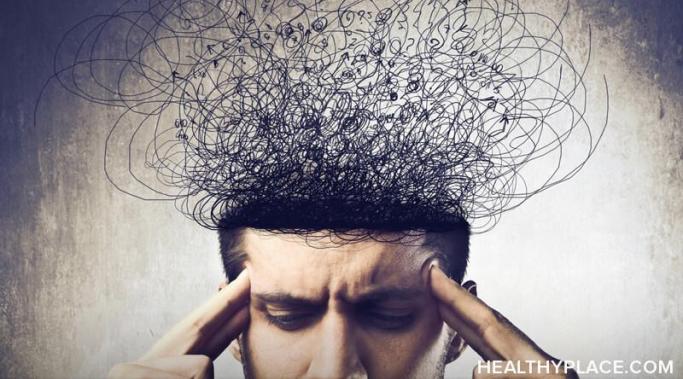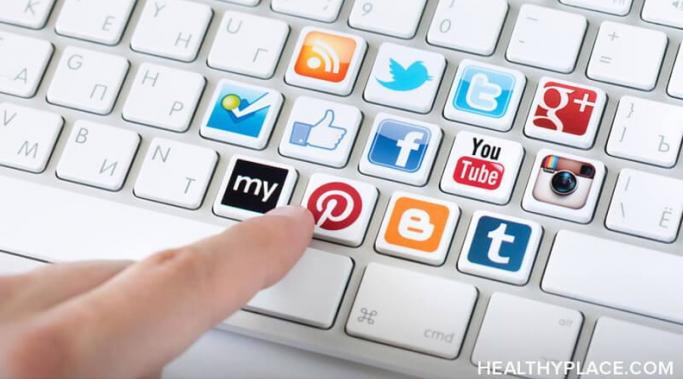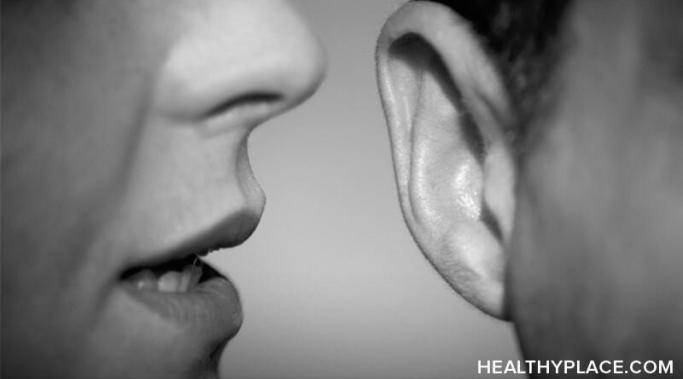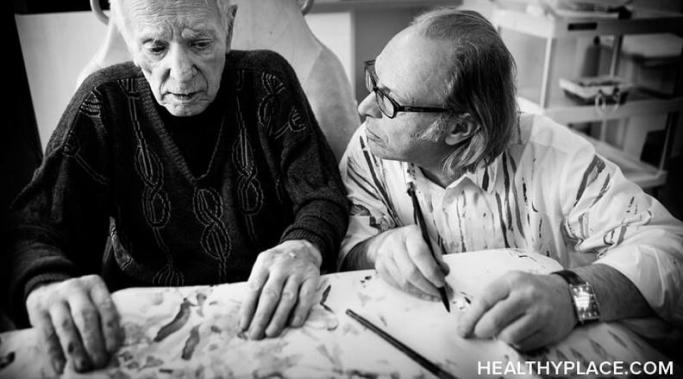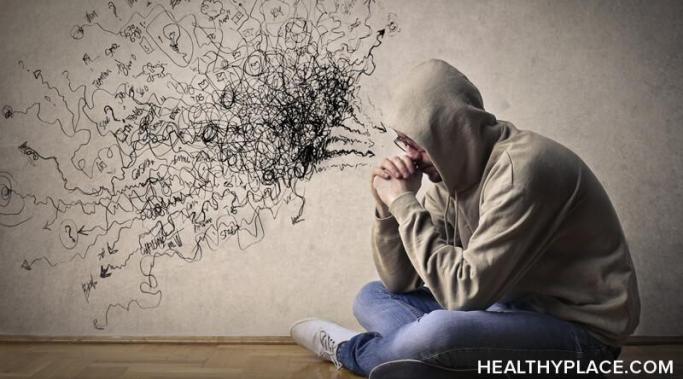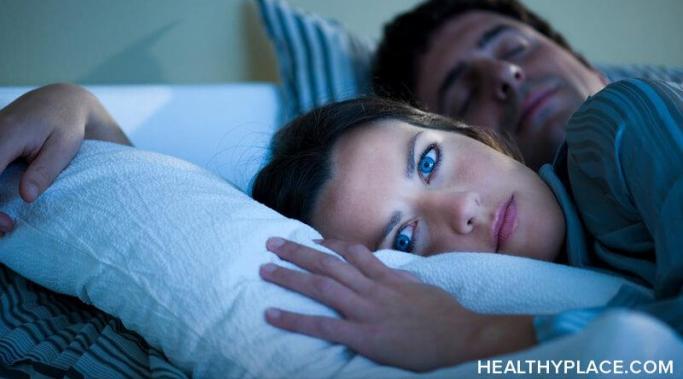Treating the pain of anxiety and headaches is increasingly possible now that medical and mental health professionals are beginning to understand the very real connection between anxiety and headaches. In the past, doctors treated anxiety and headaches as two separate conditions. People who lived with both of these uncomfortable illnesses often failed to get true relief. Now that people are beginning to uncover the connection between the two, treating the pain of anxiety and headaches is possible. You can improve not just anxiety and headaches but the overall quality of your life.
Anxiety Management – Anxiety Schmanxiety
Exercise, even light exercise, can lower anxiety. Exercise has been shown to affect change in the brain that impacts anxiety immediately as well as over time. If you experience physical limitations that make exercising difficult, you can still move in ways that allow you to reduce anxiety and increase mental health and wellbeing.
Social media anxiety is real. Claims of social media being bad for us have long passed into common parlance, but as it turns out, such claims actually have a basis in fact. Research proves that heavy social media usage can wreak havoc on one’s mental health – not only is it linked to anxiety, but also depression, loneliness, paranoia, and even attention-deficit/hyperactivity disorder (ADHD). For those of us already prone to anxiety, such demands we take an active role in regulating our social media usage. Though seemingly difficult, here are some ways to avoid social media anxiety.
Knowing how to make moving less stressful can make the difference between a touch of anxiety and an overwhelming amount of anxiety. Moving is a logistical nightmare. Finding a new place, getting all your stuff packed, hauling it out to your moving van –- it’s enough to drive any person to the brink of insanity. But for those of us with anxiety, it can be a seemingly impossible task.
You can understand mental illness more fully by reading great literature. Regular readers of this blog may have seen the video where I examined a poem by William Wordsworth and applied its wisdom to living with anxiety. I'm a former English major, and I firmly believe literature to be one of the most valuable tools we can use to come to terms with the challenges of life, mental illness included. Because this may seem foreign to many readers, I want to use this time to argue why you can understand mental illness better by reading literature.
By honing anxiety strategies for getting though your day in peace, you can experience calm rather than anxiety. Imagine living a full day, day after day, without being plagued by anxious thoughts, without experiencing the physical symptoms of anxiety that bog you down with misery. This life is possible and in reach of everyone, including you no matter how intense your anxiety currently is. Perhaps surprisingly, a way to do this isn't about battling your anxious thoughts all day. That's exhausting and keeps you focused, and thus stuck in, anxiety. Anxiety strategies for getting through your day in peace involve not struggling to change your anxious thoughts but to induce a sense of calm throughout your day.
Anxiety is stupid. That’s how a high school student once described it to me. In that moment, nothing more needed to be said. Anxiety is stupid; it’s a plain and simple truth. In the next moment, though, something did need to be said. The truth about anxiety was incomplete. Anxiety is stupid, I agreed, and you are smart. Adding that second part, the bit about you—everyone—being smart shifts our attention ever so slightly away from anxiety and onto ourselves as people who are smart, strong, and capable of beating anxiety (it is, after all, stupid). Anxiety is stupid because it says you can’t do things. You’re smart because, despite anxiety’s lies, you can do things. Here’s why you’re smart and capable.
Explaining anxiety isn't an easy feat. As someone who studied English literature in school, I often turn to poetry to help me gain perspective. The great poets have been through the same struggles we have, and their work is an invaluable testimony of those struggles.
Anxiety zaps self-confidence. When it knocks out our belief in ourselves, anxiety often takes with it our sense of who we are, what we can do, and how we want to be. How is it that anxiety can be such a powerful force that it encompasses not only worry and fear but our belief that we are okay, legitimate human beings in our own right? Anxiety can chip away at self-acceptance, but there are ways to pick up the pieces and put them back together. You can create the courage to be self-confident despite anxiety.
It happens to me all too often. I work full time. I ride my bike to and from work every day. Theoretically, I should fall asleep the second my head hits the pillow, but I don’t - racing thoughts and a restless heart, more often than not, make that impossible. Instead of letting every sleepless night snowball into catastrophe, I’ve learned how to turn them into something more manageable. Here are some of the things that have helped me the most.
